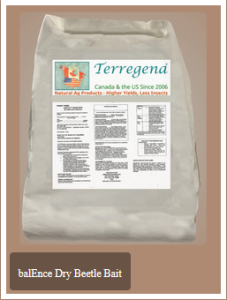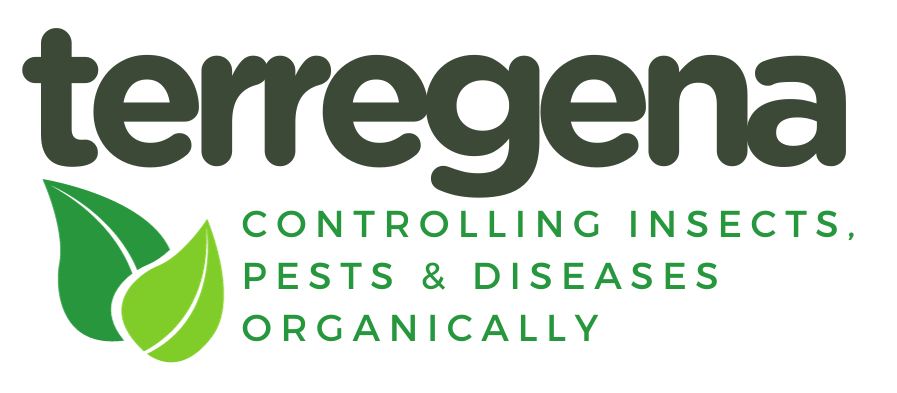Fly and Darkling Beetle Control for Farms & Agriculture
Organic Insect Control Products to Safely Manage Flies & Darkling Beetles on Farms
Fly Control for Agriculture, Livestock, Dairy, Bison, Horses, Swine, Goats & Sheep
balEnce Organic Fly Spray
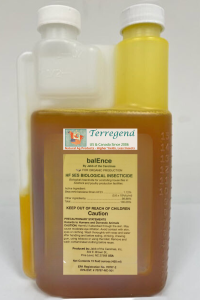
balEnce Organic Fly Spray
balEnce BioPesticide is a host-specific pathogen that kills adult flies and fly larvae but is safe for humans, animals, beneficial insects, and the environment. balEnce is available in a concentrated liquid spray for adult flies and fly larvae.
The active ingredient in balEnce, Beauveria bassiana, is a fungal spore that infects the adult fly and fly larvae on contact. The fungus consumes and kills the insect. Flies do not develop resistance to balEnce as with most chemical pesticides so rotation of pesticides is not necessary or desirable.
balEnce Fly Spray Controls These Flies
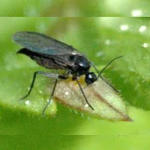
Sciarid Fly
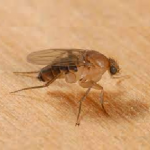
Phorid Fly
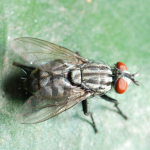
Housefly
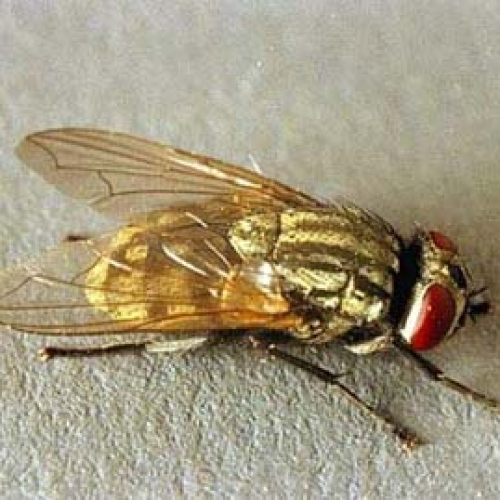
Face Fly
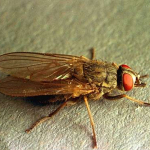
Horn Fly
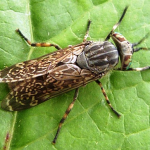
Stable Fly
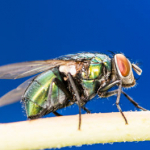
Blowfly
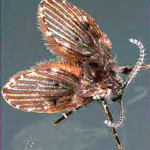
Sewer Fly
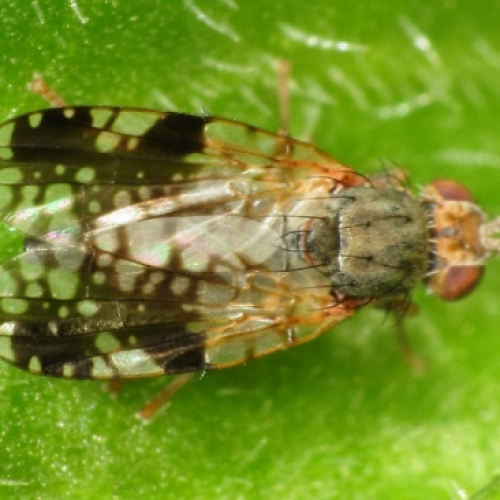
Fruit Fly
Parasitic Wasps
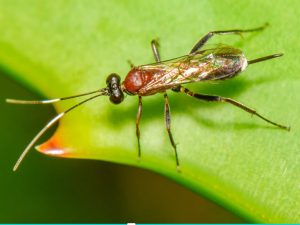
Parasitic Wasps
Use Beneficial Insects to Combat Pests
Beneficial insects are very important in helping to control fly populations. Because balEnce is natural, organic, it won’t harm beneficial insects.
Terregena provides parasitic wasps in its arsenal of agricultural insect control products. Hister beetles and earwigs are also beneficial insects that will naturally be attracted to your barn as long as no chemical pesticides are used as PESTICIDES WILL KILL YOUR BENEFICIAL INSECTS!
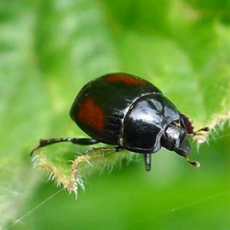
Hister Beetle
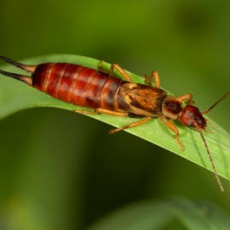
Earwig
Darkling Beetle Products for Poultry
Darkling beetles transmit many poultry diseases as well as harbor several parasites.
Broiler, turkey, brooder, and grow-out houses are ideal environments for the darkling beetles to breed, thrive and multiply. These habitats provide optimal temperatures and food for this pest and the beetles livability is near 100 percent from egg to adult. This results in very large numbers of insects in the house.
Darkling beetles eat some beneficial insects, including the hister beetle. They do not eat parasitic wasps.
Examples of diseases caused by darkling beetles include leucosis (Mareks), Infectious Bursal Disease (Gumboro), coronavirus, Newcastle Disease Virus, avian influenza, Salmonella sp, E. coli, Aspergillus sp, Eimeria spp., roundworms, and tapeworms.
balEnce ES Controls Darkling Beetles
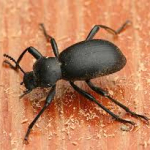
Darkling Beetle
Liquid and Dry Formulations
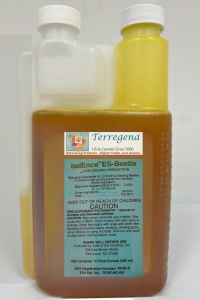
balEnce for Darkling Beetles
